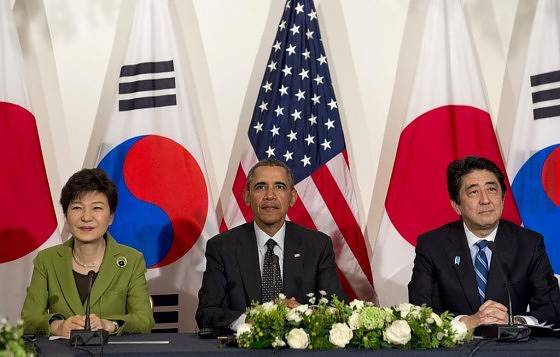
Security in Northeast Asia: Japan, South Korea, the U.S., and the Search for Solutions
6:30 – 8PM
Since the end of World War II, the United States has maintained strong security alliances with Japan and South Korea. Today, however, historical grievances, territorial disputes, and strong nationalist sentiments between Seoul and Tokyo have profoundly weakened diplomatic relations, making it hard for the two countries to achieve deeper cooperation on crucial regional issues. The stakes are high; and the United States has worked to bring President Park Geun-hye of South Korea and Prime Minister Shinzo Abe of Japan together on key security issues as it seeks to stabilize the region. What are the dangers posed in the area? How might greater cooperation between the three countries be achieved? How should China’s role be considered? Should the United States take a more active and direct role as a mediator? The Asia Society Policy Institute is proud to present a top-flight, Beyond-the-Headlines look at some of the 21st century’s most important international relationships.